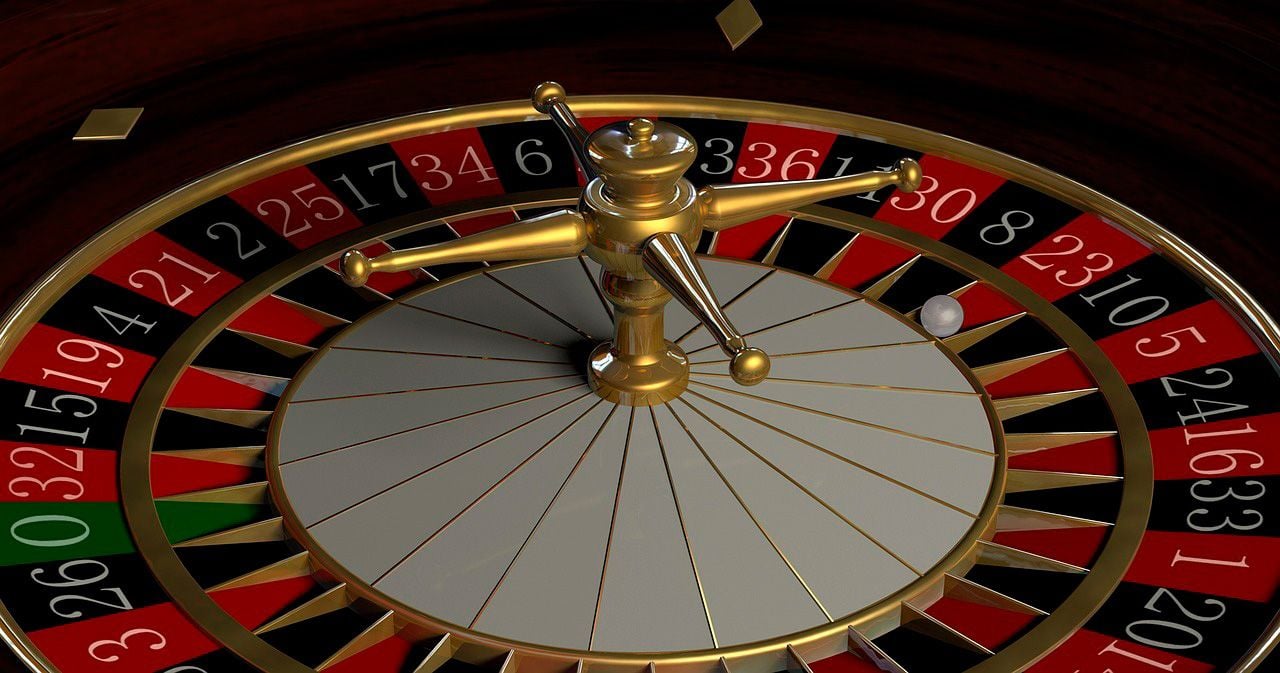When we think of gambling games, the initial images that frequently come to mind are those of spinning wheel wheels, card tokens clattering on fabric tables, and cubes rolling across a betting surface. While many consider these games as mere hobbies fueled by chance, a more profound exploration reveals a fascinating blend of strategy, expertise, and community engagement that raises them well beyond basic luck. Regardless of whether you are a seasoned player or a inquisitive newcomer, understanding the nuances of these activities can significantly enhance your experience and understanding.
Casino games have evolved over hundreds of years, with different cultures contributing to their diverse histories and variations. From the intricate tactics of 21 to the bluffing methods in poker, players engage in a contest of wits as much as a risk on numbers. This dynamic interplay between chance and expertise creates a thrilling atmosphere that draws countless people to casinos worldwide. As we explore the realm of table activities, we will uncover the strategies that can shift the odds in your favor and the community aspects that make these activities a favored choice for leisure and engagement.
The Strategy of Table Gaming

Table games often involve a blend of skill and luck, which makes them intriguing for participants who enjoy a challenge. Each game has its unique set of rules and strategies that can affect the outcome. For instance, in titles like 21, players are obliged to use tactics like counting cards and understanding the odds to make informed decisions. This skill set can greatly improve their winning potential, differentiating experienced players from novices who may rely solely on chance.
Conversely, games such as the roulette may seem to be entirely based on luck, but strategic thinking can also play into the equation. Players can choose between different wagering tactics, such as the Martingale system, in which they increase their bets after a loss. This method can establish a more methodical way to the game. Understanding the odds of specific wagers can also assist players make smarter decisions on the table, showcasing that even titles of luck, tactics can enhance the experience.
Furthermore, poker stands out as a title that heavily emphasizes tactics. Unlike most gaming games, poker merges skill, psychology, and chance. Participants must not only concentrate on the hands they are given but also consider their opponents actions and betting patterns. Mastering principles like position, pot odds, and interpreting bluffing is essential for winning. This depth of tactics in the game of poker often creates to a more immersive experience for participants, as their choices and abilities greatly affect the match’s results.
Comprehending Chance and Ratios
In the domain of gambling matches, likelihood and odds have a critical role in determining a player’s possible consequences. Every match has its own collection of principles that dictate how the chance of winning or losing is measured. For example, in matches like blackjack, participants have a opportunity to modify their ratios through planning, whereas in matches like roulette, the results are exclusively governed by luck. Comprehending how these probabilities are measured can substantially impact how a gambler tackles the match.
Odds are typically presented in two forms: fractional and numeric. F168 Fractional odds represent the ratio of the sum gained to the sum bet, whereas decimal ratios show the overall payout for a winning wager, which includes the stake. For instance, if a match has odds of 5 to 1, this means that for every one unit staked, a gambler could gain five units if they win. Learning how to interpret these odds enables gamblers to assess their possible winnings and formulate more educated decisions during play.
Players should also be aware of the house edge, which is the casino’s inherent advantage over the gamblers. Each game has a distinct house edge, and understanding this idea is essential for controlling one’s hopes and bankroll. Activities with a reduced house edge, such as blackjack and baccarat, typically offer superior ratios for players compared to activities like slots and lottery. By understanding the relationship between probability, ratios, and the casino advantage, gamblers can enhance their gambling experience and strategize more efficiently.
The Aspect of Table Gaming
Table games at casinos are often seen as a center of social interaction, bringing players together in a collective experience that goes far past the mere act of gambling. The atmosphere at a poker table can be vibrant, with players engaging not only with the game itself but also with each other. Laughter, cheers, and, sometimes, playful teasing create connections that improve the overall enjoyment of the gaming experience. This communal aspect can turn a solitary endeavor into a dynamic social event, making casino games particularly appealing.
One of the intriguing elements of table gaming is the way it cultivates camaraderie among players. Whether it’s teaming up to defeat the dealer at a craps table or exchanging tales between hands in a poker game, the environment encourages communication. Participants often share advice or tactics, creating a sense of togetherness that boosts the fun. This interpersonal atmosphere can make new players feel welcomed and less daunted by the competitive nature of gaming. As the game continues, friendships may form, leading to a sense of belonging that keeps participants coming back to the table.
Moreover, the social aspect of gaming at tables extends beyond just the participants. Dealers play a crucial role in facilitating interaction and maintaining the flow of the game. Their ability to engage players with warm dialogue and their expertise in managing the table can create an inviting atmosphere. This connection between players and staff adds another layer of enjoyment, where players feel connected not only to each other but also to the staff. Such interactions are often what make the experience memorable, as participants leave with tales to tell and connections made, reinforcing the notion that table games are truly about something greater than luck.